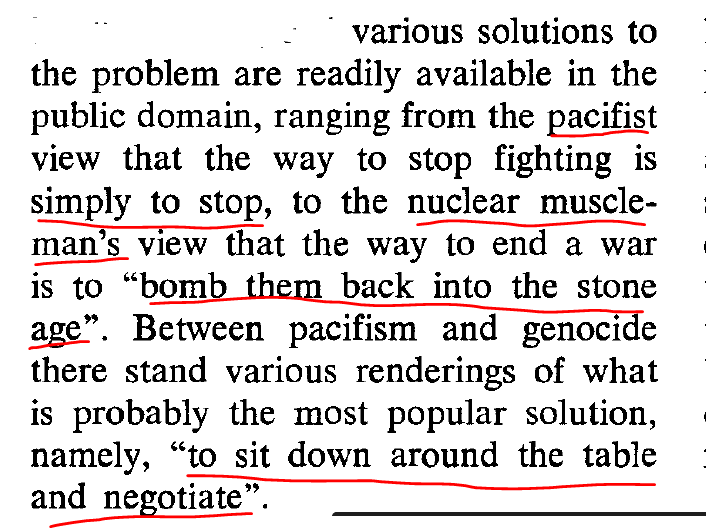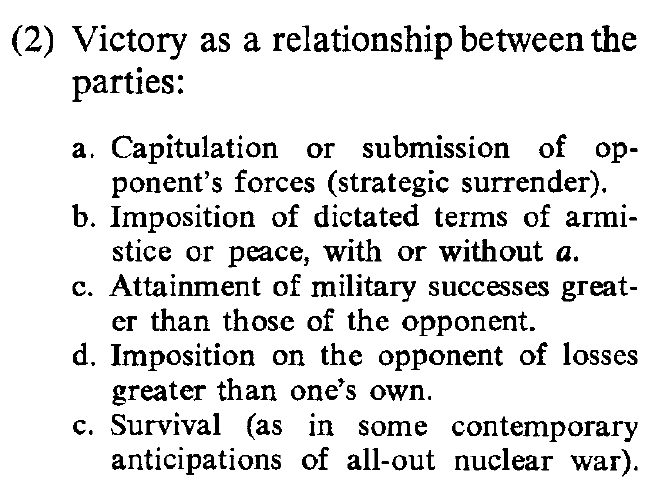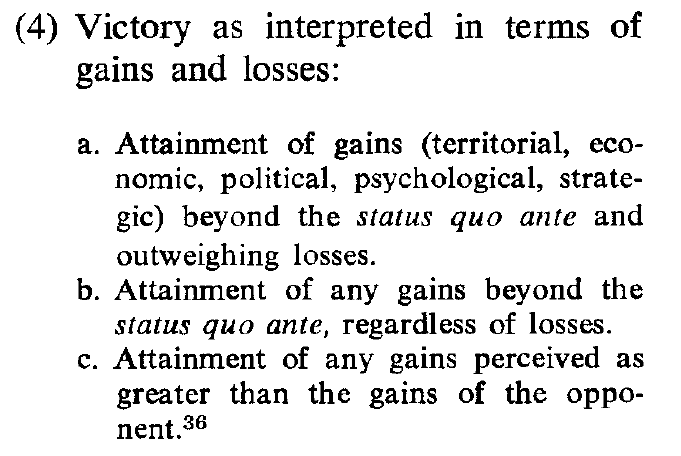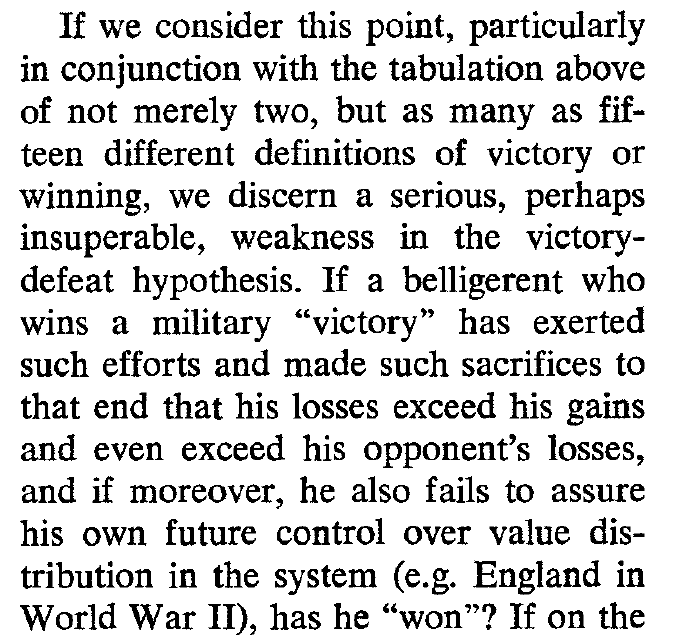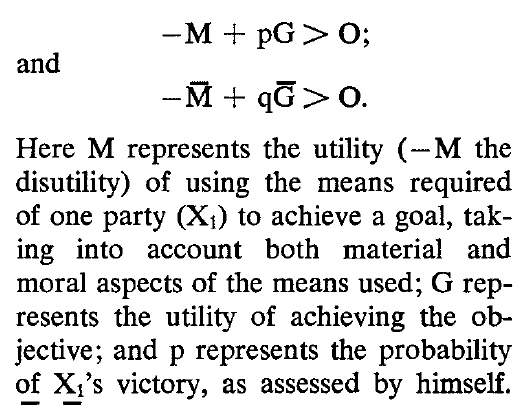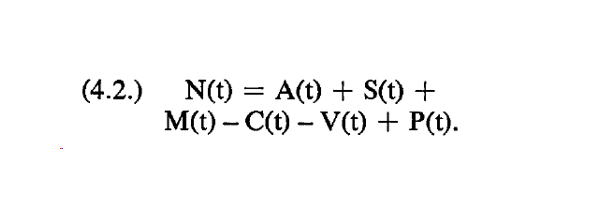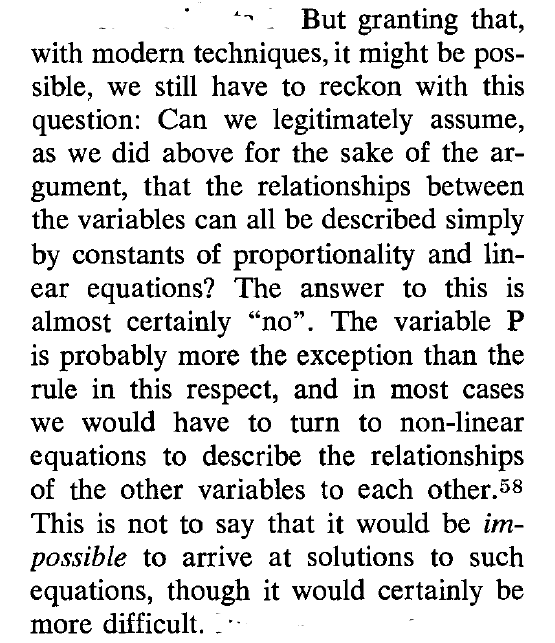Thread
How do wars end? Must the parties sit down and negotiate?
Big questions with immediate relevance. To begin answering them, no better place to start than the underappreciated work of Berenice Carroll.
[THREAD]
Big questions with immediate relevance. To begin answering them, no better place to start than the underappreciated work of Berenice Carroll.
[THREAD]
Carroll was trained as a historian, with her dissertation (and first book in 1968) focusing on the Nazi War economy,...
www.amazon.com/Design-total-war-economics-European/dp/B0006BUKF8
www.amazon.com/Design-total-war-economics-European/dp/B0006BUKF8
...which @adam_tooze cites in his own exploration of the Nazi war economy, "Wages of Destruction".
www.amazon.com/Wages-Destruction-Making-Breaking-Economy/dp/0143113208
www.amazon.com/Wages-Destruction-Making-Breaking-Economy/dp/0143113208
Carroll was in many ways a "social scientist" par excellence, not solely a historian, with contributions to social thought, women's studies, and, my area of research, peace science.
Indeed, she was a professor of political science at both UIUC and Purdue.
www.cla.purdue.edu/academic/sis/p/wgss/awards.html
Indeed, she was a professor of political science at both UIUC and Purdue.
www.cla.purdue.edu/academic/sis/p/wgss/awards.html
When it comes to the study of peace science (and war termination specifically), a key work of Carroll's appeared in @JPR_journal in 1969 (as part of a special issue she edited on Peace History Research)
journals.sagepub.com/doi/abs/10.1177/002234336900600402
journals.sagepub.com/doi/abs/10.1177/002234336900600402
She opens the piece with a paragraph that could just as well have been written today about how to end Russia's War in Ukraine (though she was writing the piece during America's War in Vietnam).
Carroll's goal is to offer a systematic way of deciding which approach should be adopted to end a war.
Carroll identifies four ways that wars can end:
- Mutual Exhaustion: the fighting simply stops.
- Conquest: one side vanquishes the other.
- Unilateral stoppage: one side gives up.
- Negotiated settlement: the two sides reach a deal that ends the fighting.
- Mutual Exhaustion: the fighting simply stops.
- Conquest: one side vanquishes the other.
- Unilateral stoppage: one side gives up.
- Negotiated settlement: the two sides reach a deal that ends the fighting.
Of the four, the least common is "Unilateral stoppage" and the most common is "Negotiated settlement".
Carroll further unpacks these four general categories,
identifying 11 different ways that wars can end (most entail some form of diplomatic outcome).
identifying 11 different ways that wars can end (most entail some form of diplomatic outcome).
Related to the notion of war ending is the idea of "victory". Here, the possibilities are just as numerous.
Carroll describes four broad categories of "victory"...
Carroll describes four broad categories of "victory"...
Given all of the ways that wars can end and the parties can declare victory, Carroll points out that this can lead to rather perverse declarations of victory (e.g. Pyrrhic victory)
Given this ambiguity, how can scholars possibly explain which ending/victory combination will play out?
Carroll gives particular attention to "rational calculation" approaches, i.e. those based on rational actor assumptions using mathematics.
Carroll gives particular attention to "rational calculation" approaches, i.e. those based on rational actor assumptions using mathematics.
Not only does she view these as "useful tools", but she spends the bulk of the paper reviewing the formulaic approaches of others, such as Lewis Fry Richardson...
I won't go into all of the details (there's discussion of first order differential equations, etc), but the final formula is this...
...which, after refinement, becomes this (where the key variables are N -- the national interest in fight -- and P -- the self assessed probability of victory):
What does the formula mean? You can read the paper itself to get the details of "N", "P", etc.
The main point that Carroll wants to make is that while such an approach is useful for organizing thoughts, it's just that: a tool to guide thinking, not to offer answers.
The main point that Carroll wants to make is that while such an approach is useful for organizing thoughts, it's just that: a tool to guide thinking, not to offer answers.
Overall, Carroll's work helps us to think about the varieties of ways that wars can end: most end in a negotiated settlement, not one side crushing the other.
Definitely worth keeping in mind as we near the one-year mark of the 🇷🇺-🇺🇦 war.
[END]
Definitely worth keeping in mind as we near the one-year mark of the 🇷🇺-🇺🇦 war.
[END]

